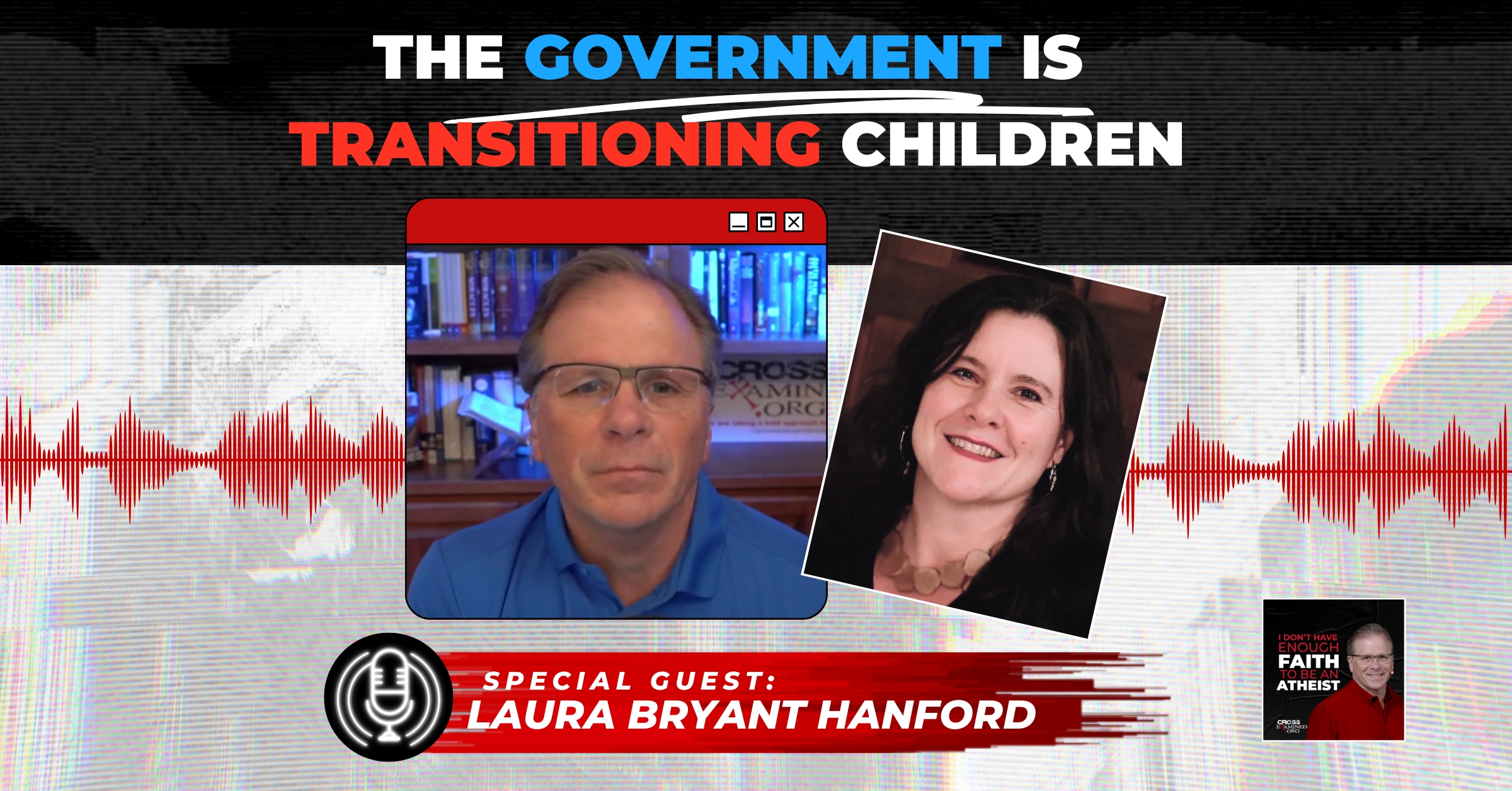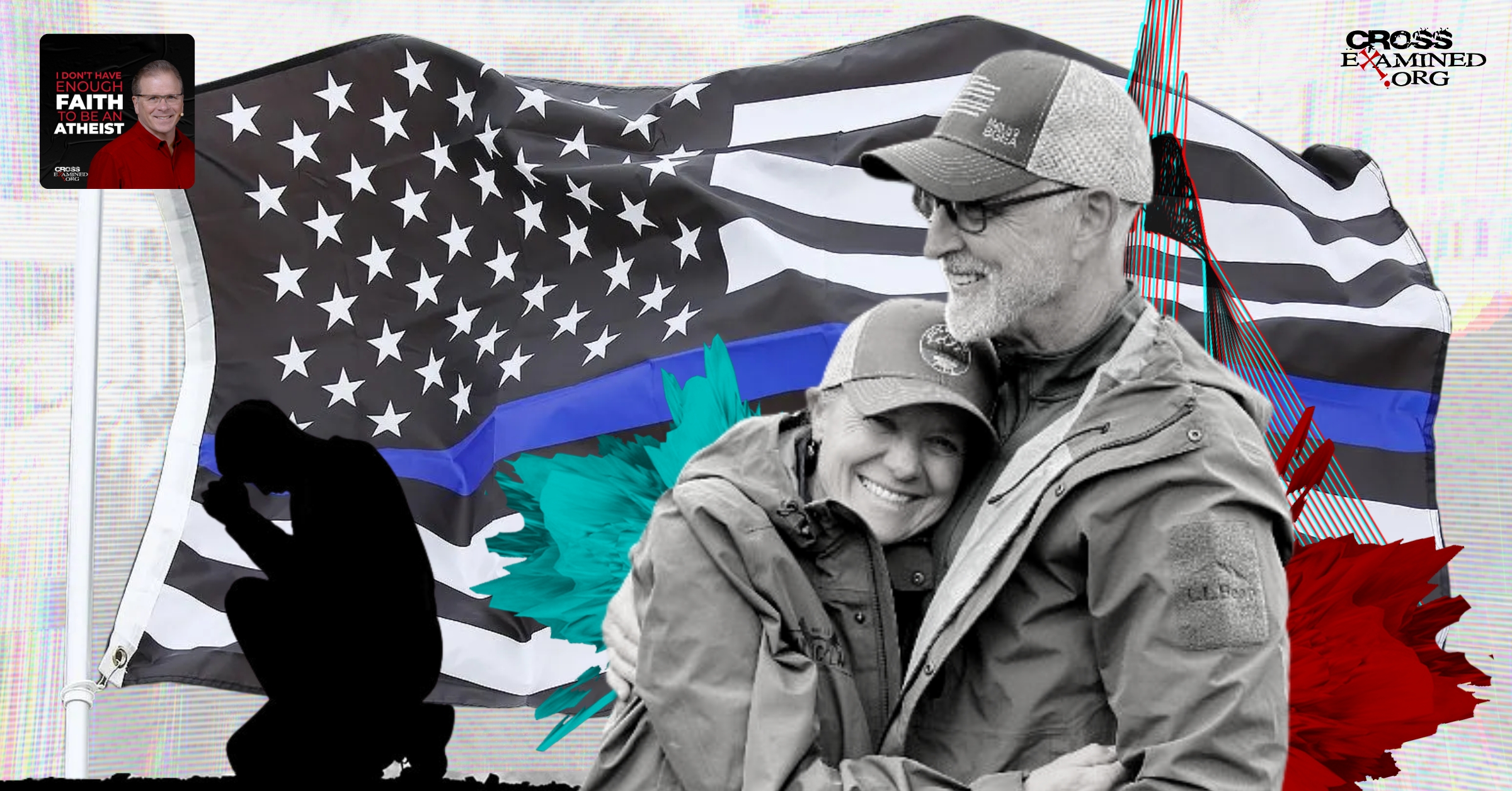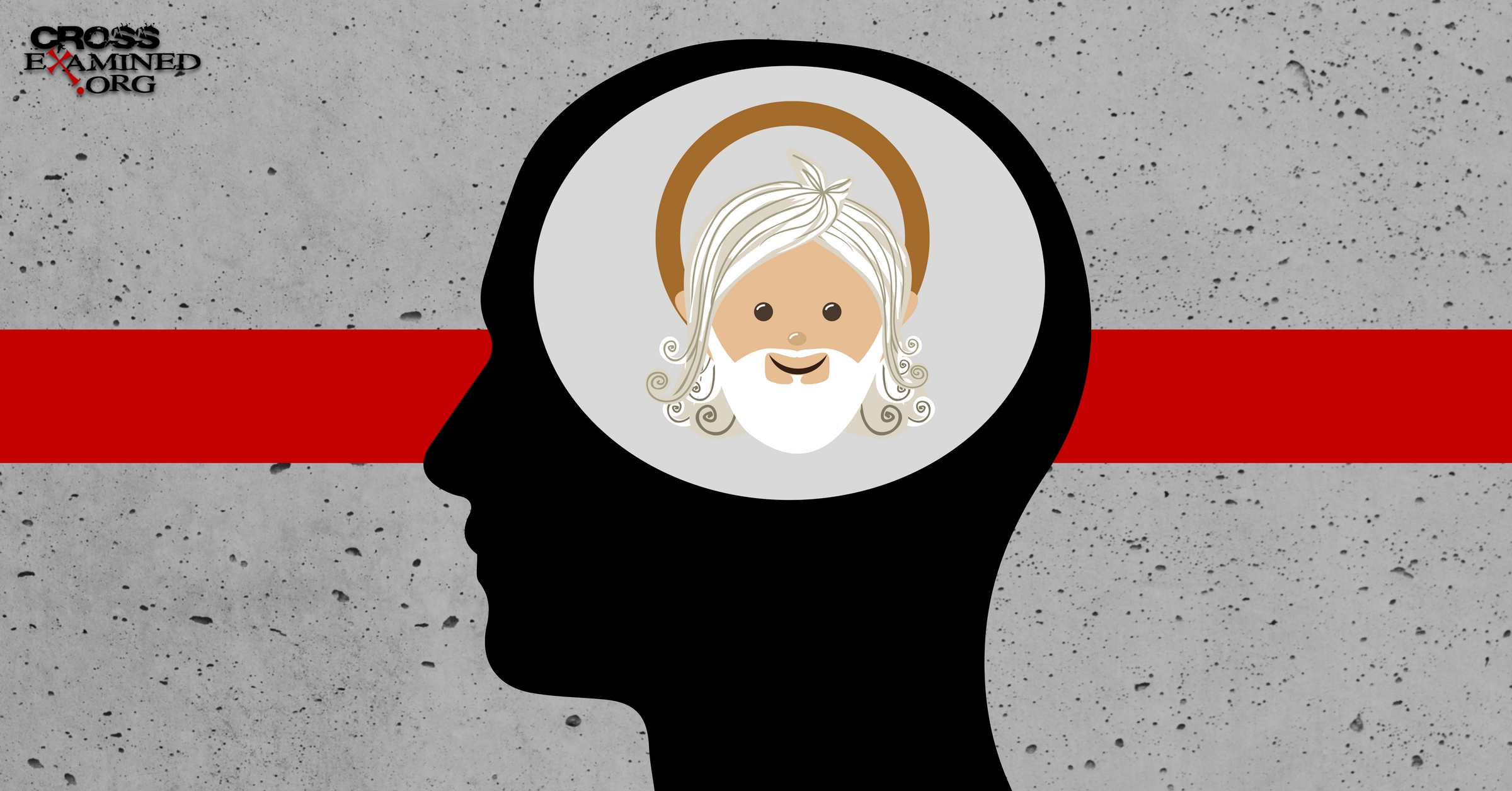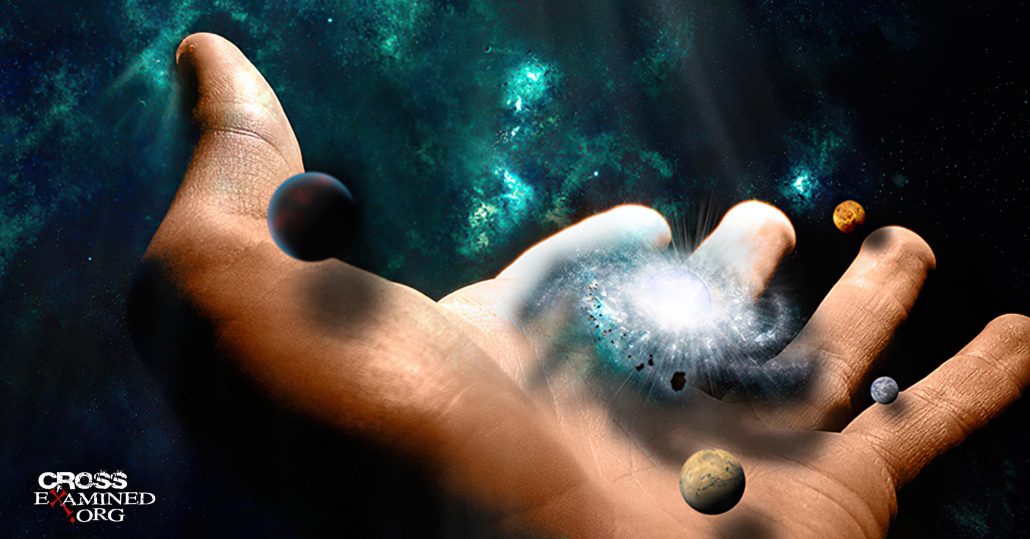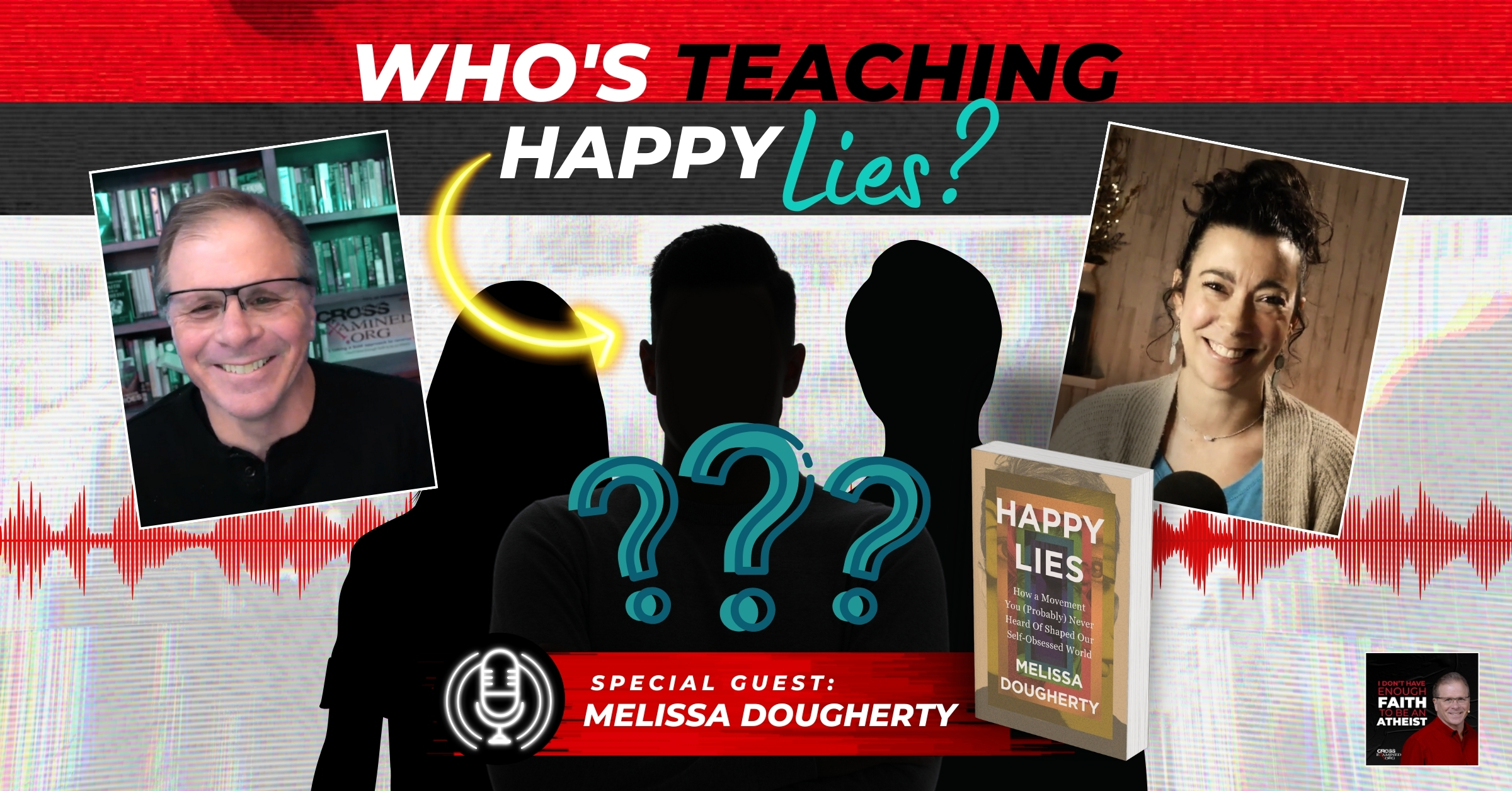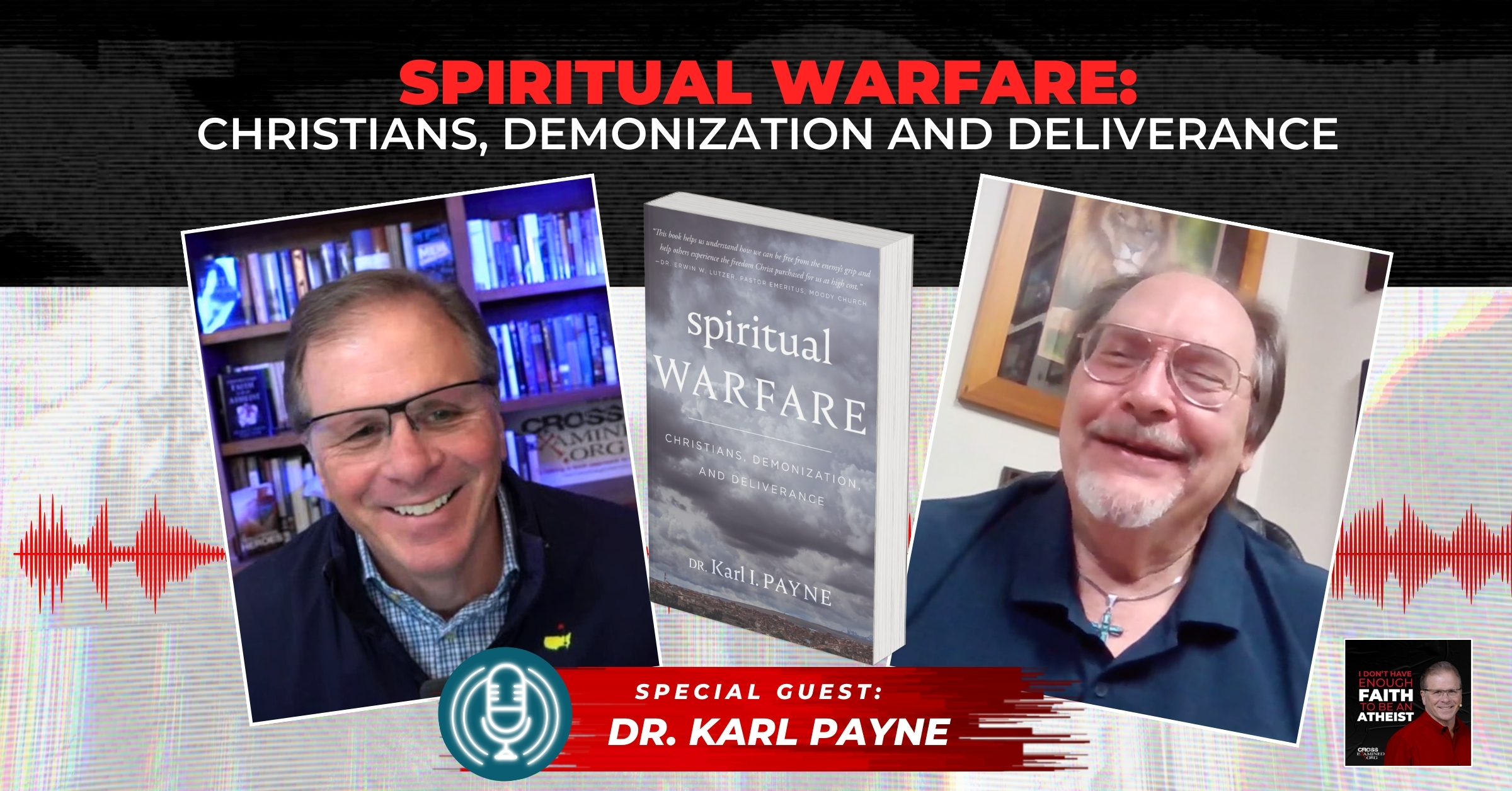Can Christianity Really Be The Only Means Of Salvation?
Most skeptics I know feel pretty confident that all religions “say basically the same thing.” If there actually is a God, they’re not particularly worried, because in their view, “being a good person” is really all that matters. As long as you are “sincere” in your beliefs, whether you’re Muslim, Christian, Hindu or a member of your own individual religion, it will turn out fine in the end. Many go so far as to say that they simply “won’t believe” in a God who warns of a narrow path to salvation.
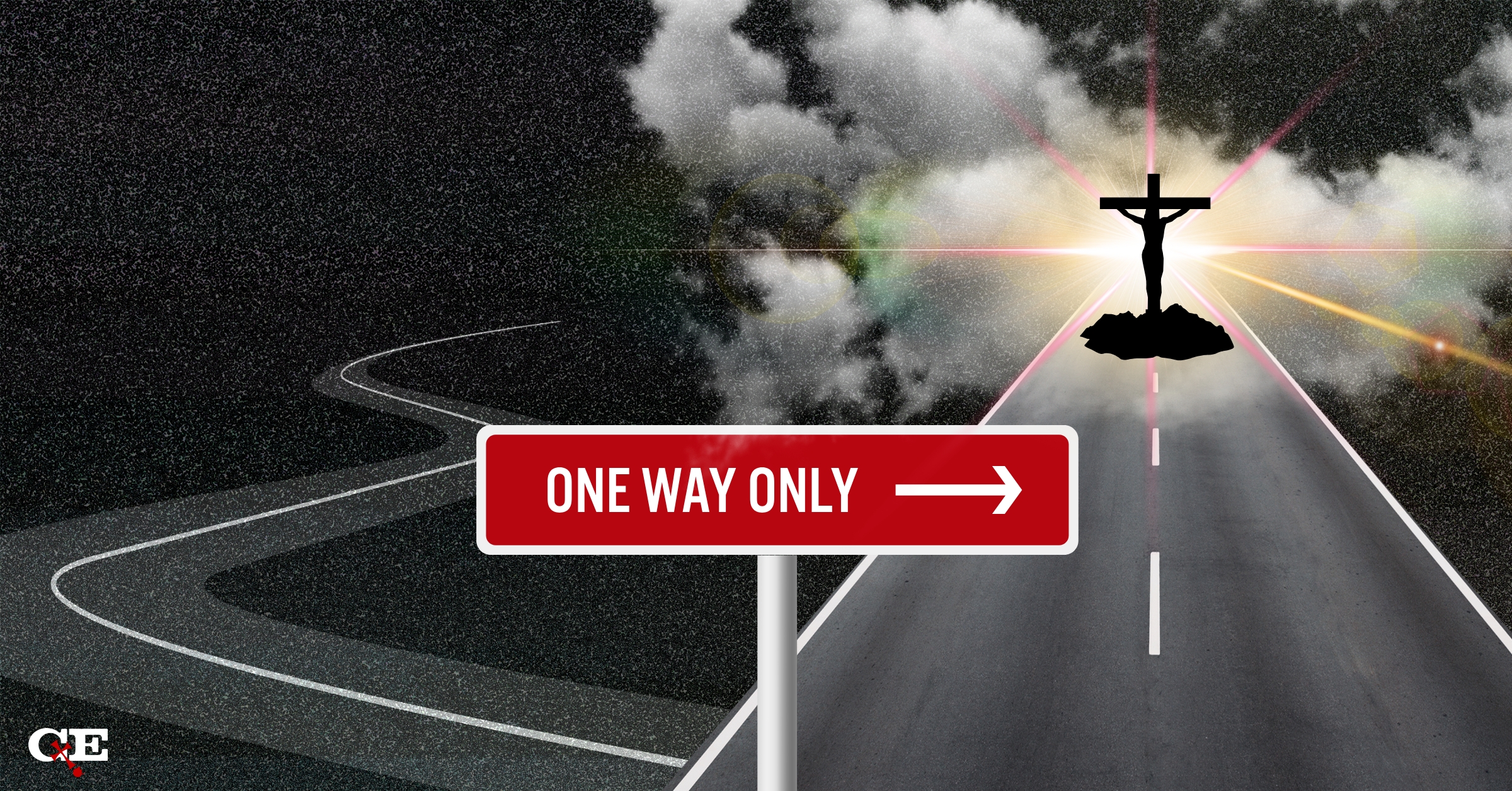
This view has always struck me as particularly odd, coming as it often does from people who subscribe to a view that nature is all there is, and that science is the best way to attain knowledge. It’s odd because neither nature nor science operates in this fashion. Neither cares about the sincerity of one’s views and beliefs, and neither cares about what experiences or life circumstances led them to form the conclusions they now hold about the “way things really are.” What matters, for both nature and science, is whether the person is getting it right. After all, stepping off a cliff will result in a nasty fall, regardless of whether the unfortunate soul knows or cares that there is a cliff in front of him and regardless of how sincerely he believes the cliff is not really there.
Just Follow Your Heart [Attack]
Consider another example from the natural realm. You awake one morning with a crushing weight on your chest. You’re sweating and short of breath, and pain begins to shoot down your arm. It quickly occurs to you that these are the symptoms of a heart attack, so you dial 911 and soon find yourself in route to a hospital. But a surprise awaits you there. You have a choice of several doors. Behind one is a primitive medicine man, ready to bring you comfort and healing with various incantations and potions. Behind another is an ancient herbalist. Knowing what compounds result in what physical effects, he plans on using a variety of roots and extracts to restore health. Behind a third is a hypnotist, who believes that your symptoms are the product of anxiety, and that clearing away some of the baggage of your past will eliminate both your physical and mental pain. And behind the fourth, is a gruff, unfriendly and disinterested surgeon who tells you that your coronary arteries have collapsed and that without a bypass operation, you will soon be dead.
A frightening prospect one hopes never to face. But imagine for a moment what considerations will be going through your mind: the pain is real and intense and growing stronger with each passing moment. You need help, someone who can save you. Before today, you cared very little about healers or hypnotists or herbalists, nor much for surgeons either. Each, you believe, has something to offer, something he or she can contribute, and each is right in his or her own way. But right now, you don’t care what makes the four similar; what matters is what makes them different. Will each be just as effective in saving you, and if not, which one can best deal with the particular problem you are facing?
Sincerity Is Not Enough
In that pivotal moment, you see with crystal clarity that their individual sincerity does not matter. Nor does the confidence that they express that their approach will work. The medicine man may seem more confident than the surgeon, who tells you bluntly what the risks are. But confidence and sincerity don’t guarantee that a person’s views correspond to reality. What matters here is basic: which one actually has the solution to your problem. The herbalist and hypnotist might solve some problems, but your particular problem needs a surgeon. Because nature doesn’t care about what you like or don’t like.
Of course, none of this proves that Christianity is true, or that Jesus Christ is the “surgeon” that you need. But that is not the point. In the scenario I posited, the crushing weight could not be ignored. By contrast, the prospect of death can be ignored, at least for a while. But every thoughtful person knows that it awaits in the end. Here we deal not with possibilities or probabilities, but with dead (excuse the pun) certainty. No matter how hard we try to avoid it, we have a “problem” that we cannot avoid forever.
Christianity explains the source of the problem. Man has rebelled against his Creator and is now paying a price for that rebellion. Eternal separation from God – from the source of all goodness and power and love – is the necessary consequence of that rebellion. But there is a solution, a particular way that God has provided through which we can get right with him. Over the centuries, this belief has offended many, who view it as exclusive, small-minded and unfair. But having a heart attack is “unfair” and so is dying. Reality can be quite harsh at times.
So next time a naturalist tells you that, if there is a God, he will certainly accept “good” people, ask him where in the world he got that notion. Nature itself stands in testimony to the fact that surviving requires more than wishful thinking – it requires that you actually get things right.
Recommended Resources:
Debate: What Best Explains Reality: Atheism or Theism? by Frank Turek DVD, Mp4, and Mp3
Stealing From God by Dr. Frank Turek (Book, 10-Part DVD Set, STUDENT Study Guide, TEACHER Study Guide)
How Can Jesus Be the Only Way? (mp4 Download) by Frank Turek
Is Morality Absolute or Relative? by Dr. Frank Turek Mp3 and Mp4
Al Serrato earned his law degree from the University of California at Berkeley in 1985. He began his career as an FBI special agent before becoming a prosecutor in California, where he worked for 33 years. An introduction to CS Lewis’ works sparked his interest in Apologetics, which he has pursued for the past three decades. He got his start writing Apologetics with J. Warner Wallace and Pleaseconvinceme.com.

